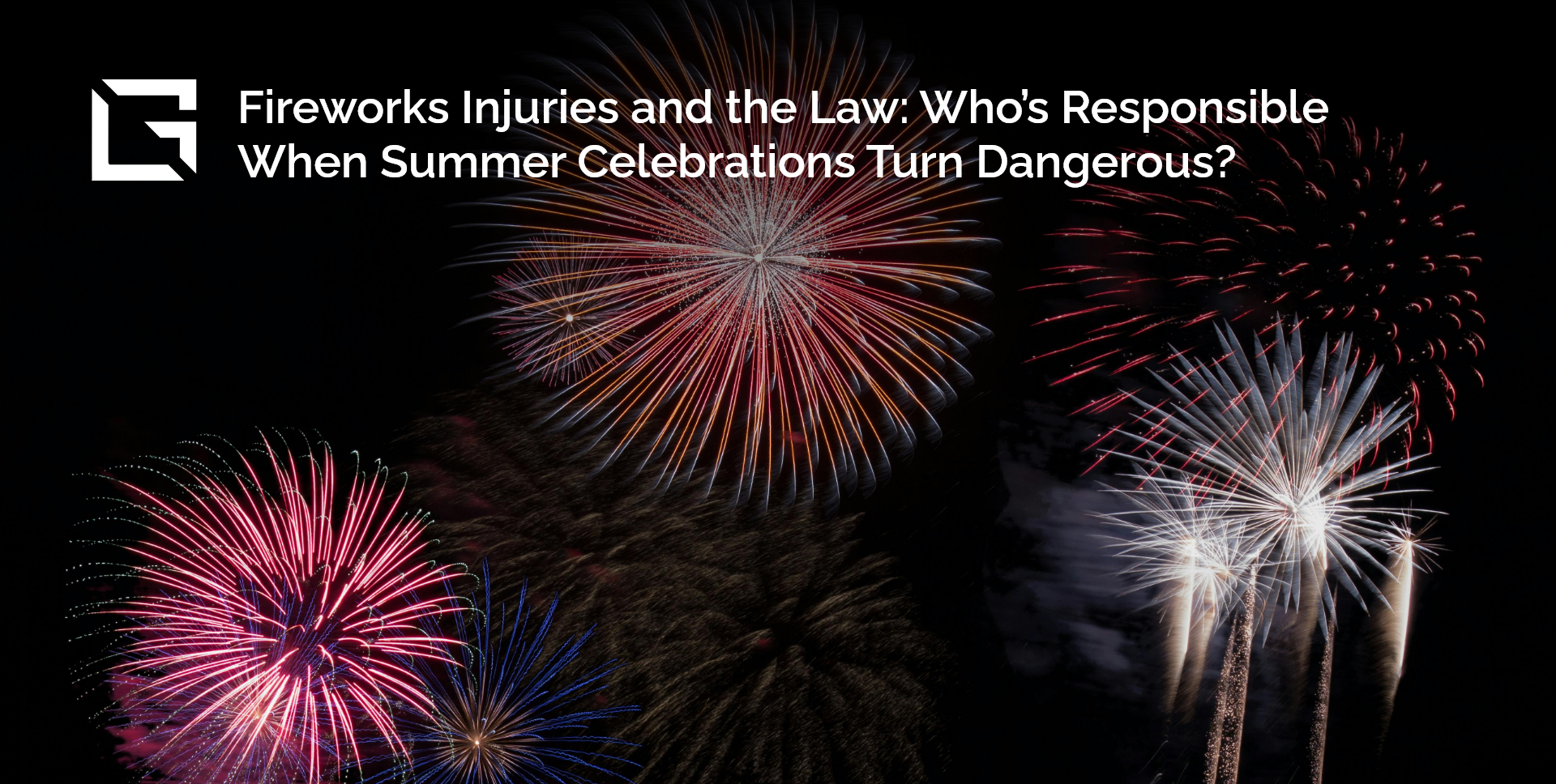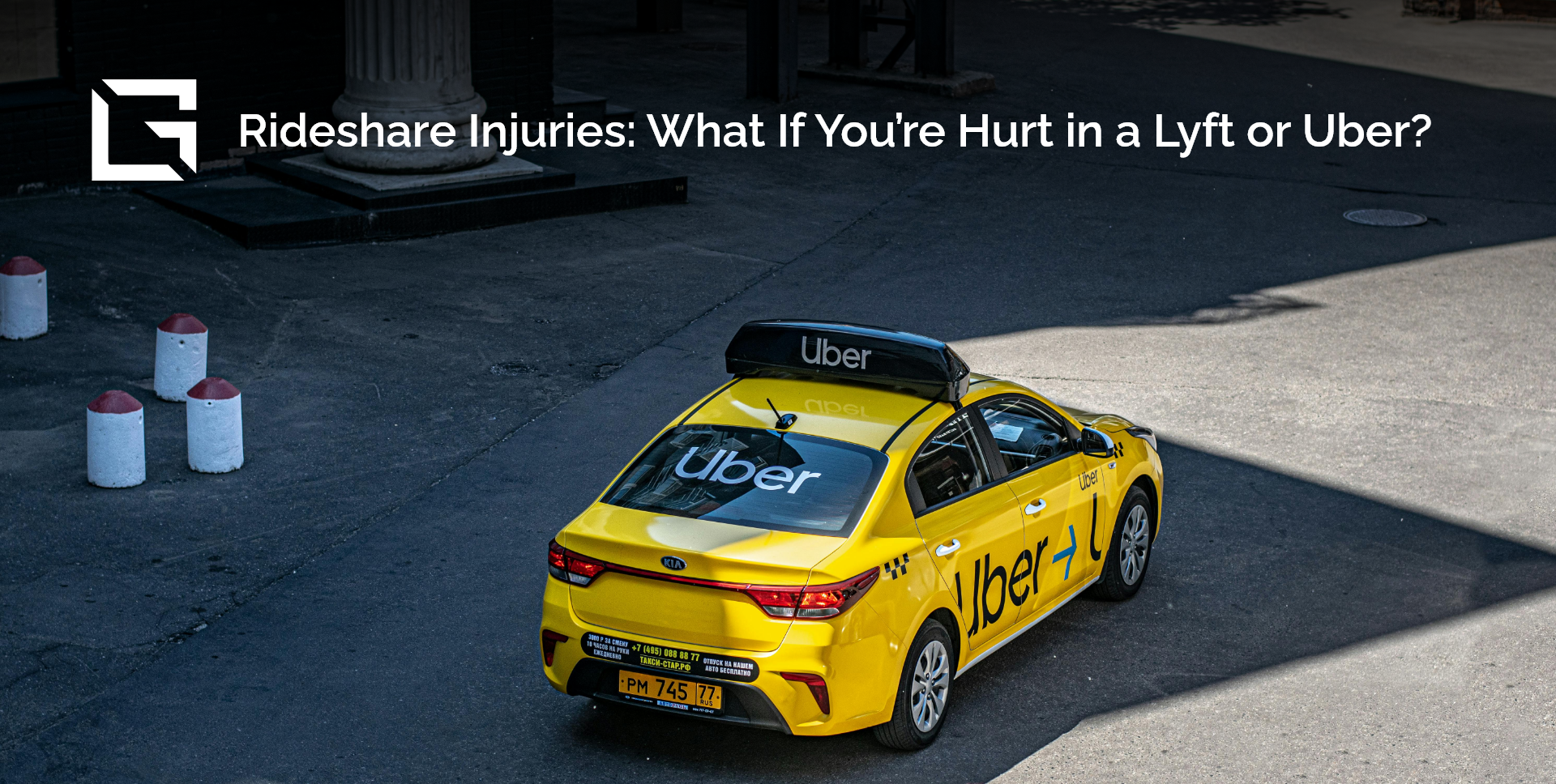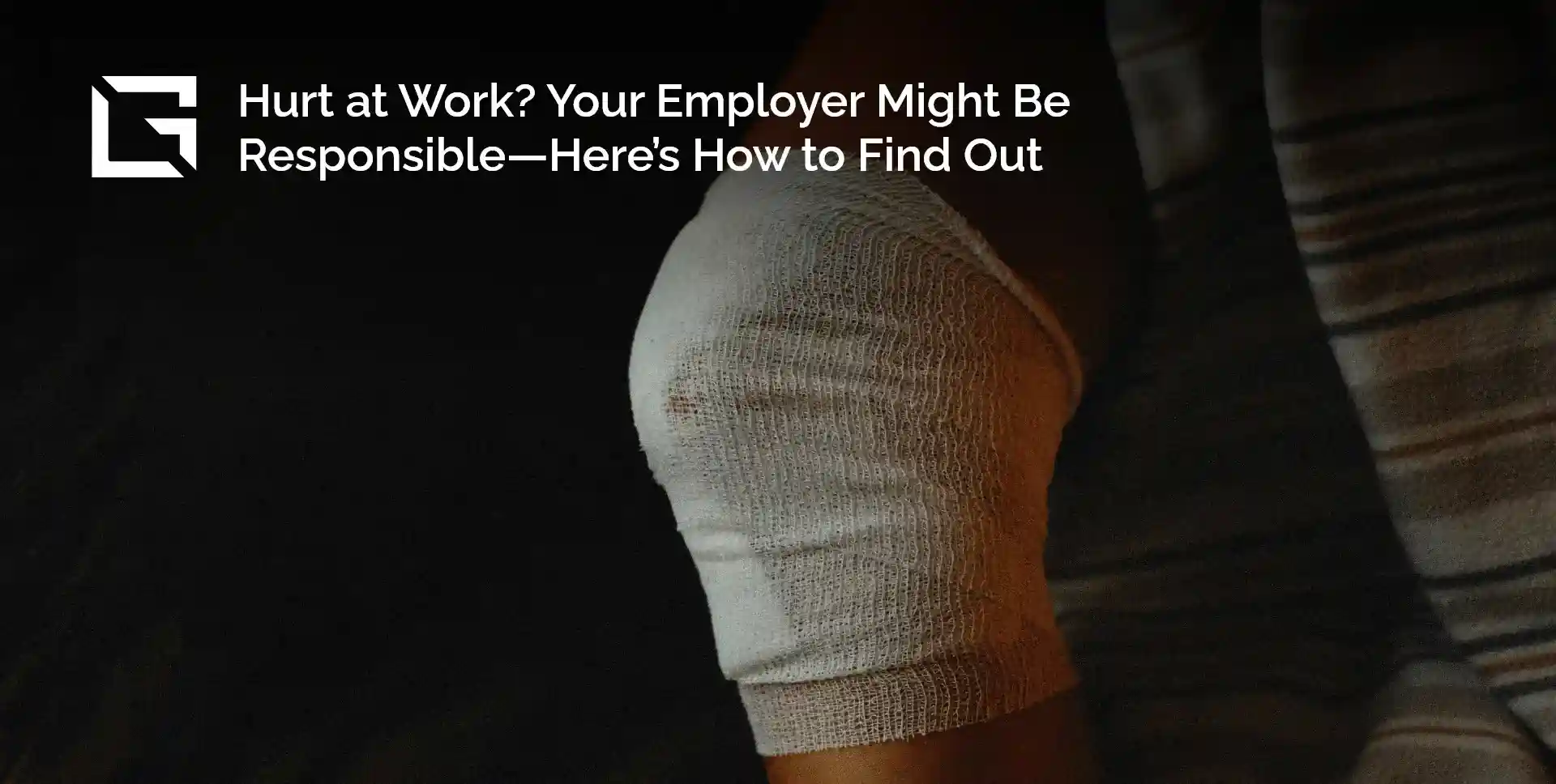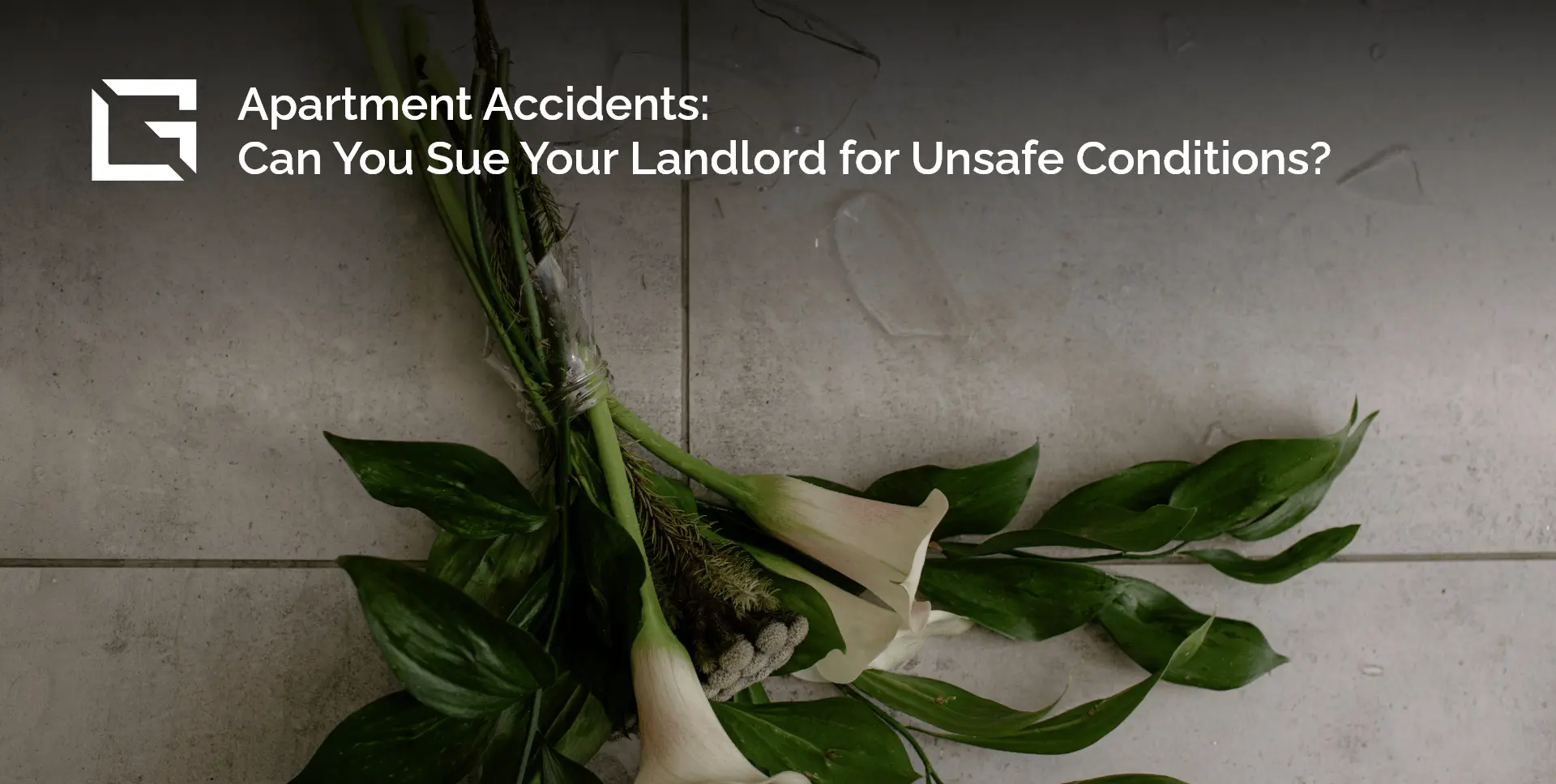It All Happens in a Flash: A Summer Celebration Gone Wrong
Imagine this: You’re at a family barbecue on the Fourth of July. Kids are laughing, burgers are sizzling, and everyone’s eyes are turned to the sky, waiting for the big fireworks finale. Suddenly, one shoots sideways, zipping across the yard and exploding near the crowd. In seconds, someone is burned, a child is screaming, and the celebration turns into chaos.
No one plans for this. But fireworks injuries happen more often than you’d think—and the aftermath can be physically, emotionally, and financially devastating.
At Gibb Law Firm, we understand that what begins as a joyful evening can quickly unravel into a life-altering situation. That’s why it’s essential to know your rights, your responsibilities, and what steps to take when an accident occurs.
The Not-So-Fun Facts: What Kinds of Injuries Happen with Fireworks?
Fireworks are visually spectacular, but they are explosives. According to the Consumer Product Safety Commission (CPSC), thousands of people end up in emergency rooms each year due to fireworks-related injuries, most occurring in the weeks around the Fourth of July.
Here are some common types of injuries:
- Burns: These are the most frequent, especially to the hands, face, and legs. Even “safe” fireworks like sparklers can burn at temperatures over 1,200°F.
- Eye Injuries: Debris, sparks, or shrapnel can cause permanent eye damage or blindness.
- Blast Trauma: Explosions can cause hearing damage, lacerations, or even internal injuries.
- Finger and Hand Amputations: Sadly, many of the most severe cases involve traumatic hand injuries, especially among children handling fireworks unsupervised.
Sometimes these injuries are the result of poor judgment, but just as often, they stem from someone else’s negligence.
How Do These Accidents Happen?
Let’s break down the most common scenarios:
1. Improper Use or Supervision
A neighbor lights fireworks too close to your property. Someone gives a firework to a child. An adult tries to relight a “dud.” These are all too-common moments where a lapse in judgment leads to injury.
2. Defective Fireworks
Not all fireworks are created equal. Some are poorly manufactured or improperly labeled, making them unpredictable or outright dangerous. When a firework explodes prematurely or doesn’t launch correctly, it can harm even careful users.
3. Negligent Public Displays
Even large, organized shows can go wrong. If an event is poorly planned, safety perimeters aren’t enforced, or weather conditions aren’t properly accounted for, people can get hurt, and the responsible parties can be held legally accountable.
Who’s Responsible? Understanding Liability in Fireworks Injuries
Liability for fireworks injuries depends heavily on where and how the incident occurred. Here’s a breakdown of common situations and who might be legally responsible:
Backyard or Private Firework Accidents
If someone is injured at a private residence or neighborhood gathering, the responsible party might include:
- The Person Who Lit the Firework: If someone used the product recklessly or violated local laws, they could be liable.
- The Property Owner or Host: If the host provided the fireworks or allowed underage use, they could be on the hook under premises liability.
- The Manufacturer or Seller: If the firework itself was defective, the maker or seller may bear responsibility under product liability law.
Example: A Utah man purchased a legal firework, but it detonated horizontally due to a design flaw, causing facial burns to a nearby child. The manufacturer was later sued for product defect and failure to warn.
Public Events or City-Run Firework Shows
Events organized by municipalities, businesses, or third-party entertainment companies have a duty of care to ensure public safety.
Liable parties might include:
- Event Organizers: If the event didn’t follow safety protocols or ignore weather warnings.
- Cities or Counties: If government bodies failed to obtain permits, enforce crowd boundaries, or use certified technicians.
- Third-Party Contractors: If a fireworks company mishandled its equipment or used faulty materials.
Example: In 2021, a public show in Ocean City, Maryland, malfunctioned and exploded on the beach hours before showtime, causing injuries to workers and forcing evacuations. Investigations focused on vendor negligence and failed safety checks.
Illegal Fireworks or Misuse
In Utah, some fireworks are strictly prohibited, and even permitted fireworks can only be used during certain windows (e.g., July 2–5, July 22–25).
If someone uses illegal fireworks or sets them off outside the legal timeframes, and an injury results, courts are much more likely to find them negligent, even grossly negligent or reckless.
Legal Theories Behind Fireworks Injury Claims
To file a personal injury claim, injured parties must typically prove negligence, strict liability, or, in some cases, recklessness.
Negligence – When someone fails to act with reasonable care, such as setting off fireworks in a crowded area—they can be held liable for resulting injuries.
Premises Liability – If a homeowner or venue owner doesn’t make the environment safe (e.g., by allowing unsafe use of fireworks), they can be responsible for harm that occurs on their property.
Product Liability – If a firework was defective in design, manufacturing, or labeling, victims may sue the manufacturer or distributor—even if the user did everything right.
Recklessness – This applies when someone knowingly engages in dangerous behavior with disregard for others’ safety. These cases can involve punitive damages, not just compensation.
What To Do If You or a Loved One Is Injured by Fireworks
If you’re reading this because you or someone you love has already been injured by fireworks, first, we’re so sorry. Second, you’re not alone. And third, you have options.
Here’s what to do:
1. Seek Medical Attention Immediately
Even if the injury seems minor, get it checked out. Many blast or burn injuries can worsen over time. Plus, medical records become vital evidence later on.
2. Document Everything
- Take photos and videos of the injury, the fireworks used, and the location.
- Save the firework debris, packaging, or receipt if possible.
- Write down everything you remember: who was there, who lit the firework, what went wrong.
3. Get Witness Statements
If others saw what happened, ask them to jot down what they witnessed or record a statement on your phone.
4. Avoid Social Media
Don’t post details about the accident online. These posts can be used against you during legal proceedings.
5. Contact a Personal Injury Attorney
An experienced personal injury attorney can help you:
- Investigate who is liable
- Deal with insurance companies.
- Secure compensation for medical costs, lost wages, pain and suffering, and more.
At Gibb Law Firm, we’ve handled personal injury cases just like this—and we’ll fight to make sure you aren’t left with the physical and financial scars of someone else’s recklessness.
Staying Safe This Independence Day
Fireworks are meant to bring joy, not trauma. To keep your family safe:
- Only use legal fireworks purchased from licensed retailers.
- Never let children light or handle fireworks.
- Always have water nearby.
- Light one at a time, and never relight a dud.
- Attend professional public displays when possible—they’re safer and more spectacular anyway.
Know Your Rights. Protect Your Loved Ones.
A fireworks injury can leave you feeling shocked, scared, and unsure of what to do next. But you don’t have to go through it alone.
At Gibb Law Firm, we care about our community—and that means helping families in Kaysville and throughout Utah navigate tough moments like these with clarity, compassion, and legal strength.
If you or someone you love has been injured in a fireworks-related accident, reach out today for a free consultation. Let’s talk about what happened, and more importantly, what comes next.
Disclaimer: This article is for informational purposes only and does not constitute legal advice. Please contact us to discuss the specifics of your situation.



